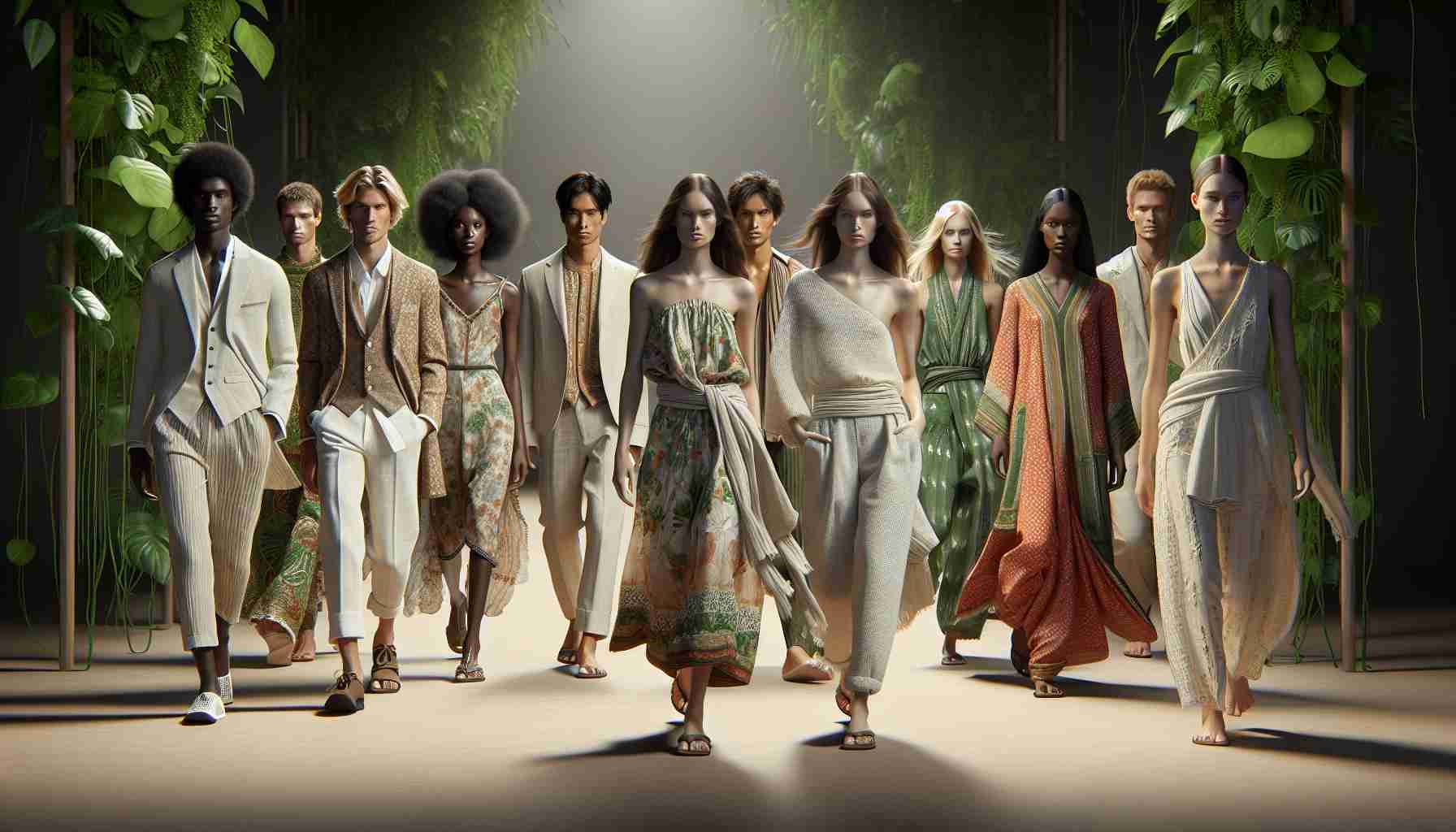Experience the essence of eco-friendly style as sustainable fashion takes center stage in 2021. Embrace the beauty of clothing crafted from recycled materials and organic fabrics, reflecting a growing movement towards conscious consumerism.
Immerse yourself in a world where fashion meets environmental responsibility, with designers incorporating innovative techniques to reduce waste and pollution in the industry. From upcycled denim to biodegradable accessories, sustainability is at the core of this season’s must-have looks.
Step into a wardrobe that not only elevates your style but also minimizes your carbon footprint. Join the wave of fashion enthusiasts who are choosing ethical and sustainable brands that prioritize transparency and ethical production practices.
As we navigate towards a more mindful approach to fashion, let your wardrobe tell a story of sustainability and compassion for the planet. Make a statement with pieces that are not only chic but also environmentally responsible, showcasing a commitment to a greener future.
Embrace the shift towards a more conscious way of dressing, where each garment reflects a deeper connection to the world around us. Sustainable fashion is not just a trend but a movement towards a more sustainable and ethical industry.
Additional facts and insights related to sustainable fashion:
1. Circular Fashion: Circular fashion focuses on creating a closed-loop system where garments are designed for longevity, repairability, and recyclability. This approach aims to minimize waste and maximize the use of resources in the fashion industry.
2. Slow Fashion Movement: The slow fashion movement promotes a shift away from fast, disposable fashion towards durable, timeless pieces that are made ethically and sustainably. It encourages consumers to buy less, choose quality over quantity, and support local artisans.
Key questions associated with sustainable fashion:
1. How can consumers differentiate between genuinely sustainable brands and those engaging in greenwashing?
Answer: Consumers can look for certifications like Fair Trade, Global Organic Textile Standard (GOTS), or B Corp to ensure that a brand is adhering to sustainable practices.
2. What challenges do fashion brands face when transitioning to sustainable practices?
Key challenges: These include sourcing eco-friendly materials, implementing ethical production processes, and educating consumers on the value of sustainable fashion.
Advantages:
– Environmental Impact: Sustainable fashion reduces the industry’s carbon footprint, water consumption, and waste generation.
– Social Responsibility: Supporting ethical fashion brands promotes fair labor practices and empowers communities in the supply chain.
Disadvantages:
– Higher Costs: Sustainable materials and ethical production often come at a higher price point, making eco-friendly fashion less accessible to all consumers.
– Lack of Awareness: Many consumers are still unaware of the environmental and social repercussions of fast fashion, hindering the widespread adoption of sustainable alternatives.
Suggested related links:
– The Good Trade: A reputable source for sustainable fashion news, guides, and ethical brand recommendations.

